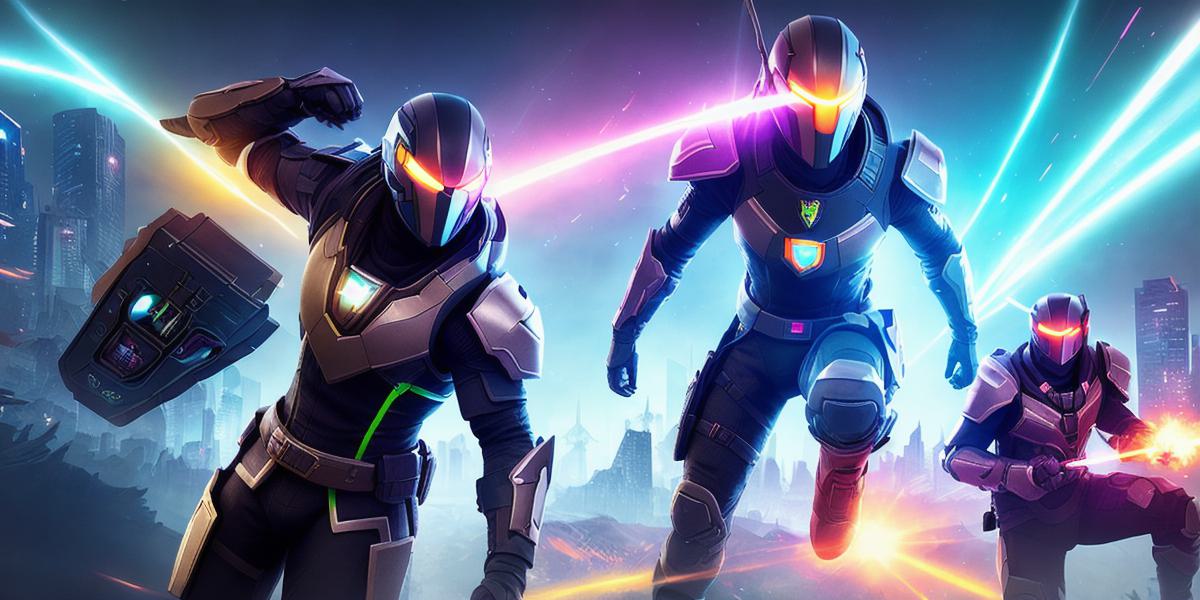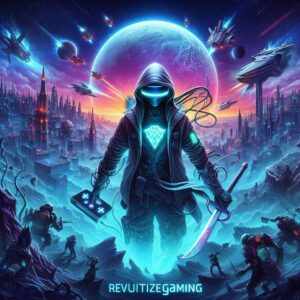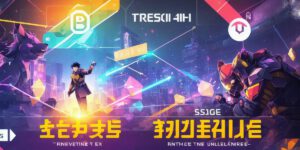Are you interested in creating or exploring non-fungible tokens (NFTs) in the gaming industry? Look no further than Unity NFT games. In this article, we’ll delve into what Unity NFT games are, how they work, and their benefits for both developers and players.
What are Unity NFT Games?
Unity NFT games refer to games that use blockchain technology to create, store, and manage non-fungible tokens (NFTs) within the game’s ecosystem. NFTs are unique digital assets that can be bought, sold, and traded on a blockchain network. By incorporating NFTs into Unity games, developers can add new levels of depth and engagement to their games while also creating new revenue streams for themselves and their players.
How do Unity NFT Games Work?
Unity NFT games work by leveraging the power of blockchain technology to create, store, and manage unique digital assets within the game’s ecosystem. These assets can take many forms, including in-game items, collectibles, and virtual real estate. Each asset is stored on a blockchain network, which allows for secure and transparent tracking of ownership and transfer of these assets.
Players can buy, sell, and trade these NFTs within the game’s ecosystem, creating new revenue streams for both players and developers. For example, a player may be able to purchase an in-game item that is stored on a blockchain network, allowing them to own it permanently and trade it with other players or sell it back to the developer for a profit.
Benefits of Unity NFT Games
There are many benefits to using Unity NFT games in the gaming industry. For developers, Unity NFT games offer a new revenue stream through the sale and trade of NFTs within the game’s ecosystem. This allows developers to monetize their games in new ways while also creating a sense of ownership and scarcity for players.
For players, Unity NFT games offer a new level of engagement and depth to traditional games. By owning unique digital assets that are stored on a blockchain network, players can create new revenue streams by buying, selling, and trading these assets with other players. This creates a sense of ownership and investment in the game’s ecosystem, leading to increased player retention and loyalty.
Case Studies: Real-Life Examples of Unity NFT Games
There are many examples of successful Unity NFT games in the gaming industry. One such example is "CryptoKitties," a blockchain-based game that allows players to breed, buy, and sell unique digital cats stored on a blockchain network. Another example is "Rare Pepe," a collectible card game that uses NFTs to create unique digital cards that can be bought, sold, and traded within the game’s ecosystem.
FAQs: Frequently Asked Questions about Unity NFT Games
Q: What are the benefits of using Unity NFT games in the gaming industry?
A: Unity NFT games offer a new revenue stream for developers, increased engagement and depth for players, and a sense of ownership and scarcity within the game’s ecosystem.
Q: How do Unity NFT games work?
A: Unity NFT games use blockchain technology to create, store, and manage unique digital assets within the game’s ecosystem. These assets can take many forms, including in-game items, collectibles, and virtual real estate.
Q: What are some examples of successful Unity NFT games?
A: Some examples of successful Unity NFT games include "CryptoKitties" and "Rare Pepe.



